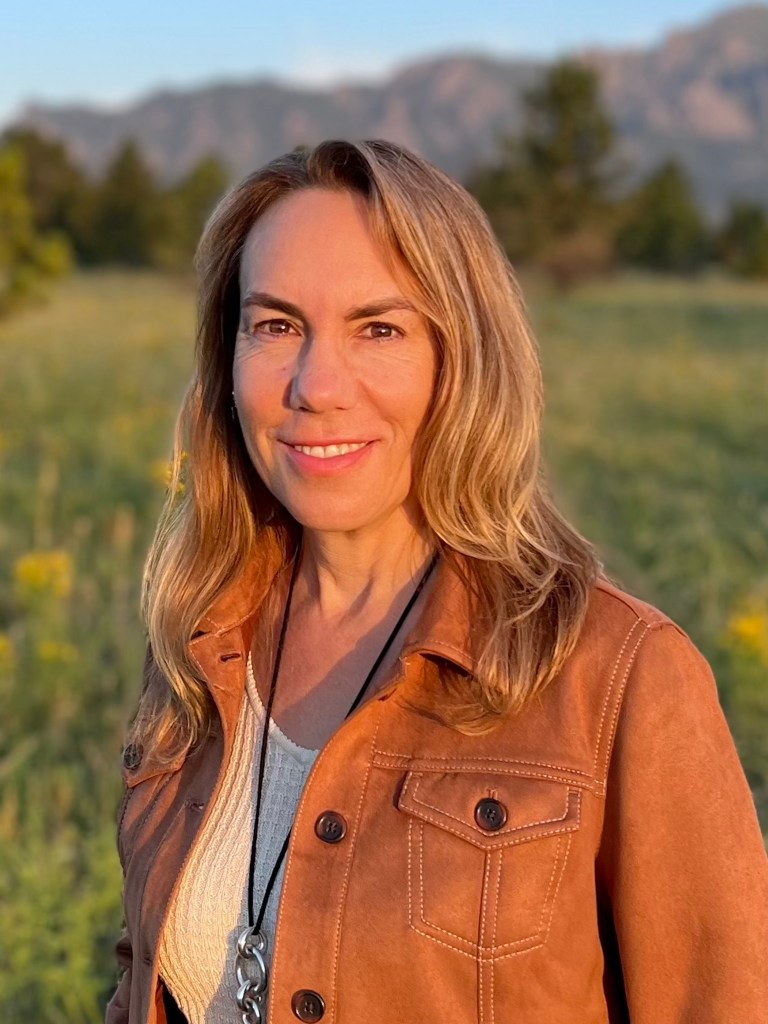Finding Forgiveness After Tragedy: A Guest Post by Kristin Koval
Our brand-new Discover pick is here, and we couldn’t be more thrilled. A story about grief, guilt and secrets, Penitence is a poignant and gripping domestic drama that will leave you breathless. Read on for an exclusive essay from Kristin Koval on writing Penitence.
Penitence: A Novel
Penitence: A Novel
In Stock Online
Hardcover
$25.99
$28.99
For readers of Ann Patchett and Celeste Ng, Penitence is a poignant exploration of love and forgiveness. It’s a suspenseful, addictive page-turner filled with literary insight that compels readers to consider whether the worst thing we’ve ever done is all that defines us.
For readers of Ann Patchett and Celeste Ng, Penitence is a poignant exploration of love and forgiveness. It’s a suspenseful, addictive page-turner filled with literary insight that compels readers to consider whether the worst thing we’ve ever done is all that defines us.
There’s a saying—sometimes attributed to Buddha, sometimes to Nelson Mandela—that holding on to anger is like drinking poison and expecting the other person to die. Most of us are familiar with that saying, yet we live our lives struggling to forgive (or perhaps not even trying).
I used to be terrible at forgiving—probably because I viewed forgiveness as a gift a wronged person gave to a wrongdoer. Then I had a profound experience that made me realize that forgiveness isn’t a gift given by the wronged person but to them. The impact of that powerful experience stayed with me, and for a long time, I searched for a way to write about that feeling.
The first time I saw fratricide in the news, I filed it away in my head as a tragedy, but after seeing an uptick of similar news reports, I realized it might provide the right framework for a novel about forgiveness. Fratricide is an ancient concept—it’s in Roman mythology (Romulus and Remus), the Bible (Cain and Abel), and countless monarchies—but it still exists today, and when I started researching, I found more instances of juvenile fratricide than I ever anticipated. While some circumstances varied (age, weapons, reasons), others were eerily similar (many perpetrators called 911 themselves, and many incidents occurred while the victims slept).
No matter the circumstances, my thoughts always returned to the parents, and that was where I decided to center Penitence: Would the parents be driven toward or away from forgiveness? The story quickly expanded beyond the concept of forgiveness on an individual level to encompass the community and legal realms as I discovered that on all levels there seems to be a modern trend away from forgiveness.
Everyone makes mistakes—it’s part of being human. And yet our mistakes, some mere misunderstandings, others deep failures, are too often met with judgment, anger, and a desire for retribution without any empathy and mercy that might lead to forgiveness. This is magnified for juveniles in the criminal justice system, and I decided to make Nora (the character who shoots her brother) 13 to emphasize this. At 13, she’s still a child, barely a teen, but most state criminal laws would allow prosecutors to charge her as an adult, and many would require it, potentially leading to a life sentence. Murder is a serious crime, of course, but to condemn a child to life in prison is a sign of a system that has too easily discarded mercy and forgiveness.
On a community level, social media (and sometimes the media in general) amplifies our very human mistakes and reduces who we are to the worst thing we’ve ever done. Although consequences for bad behavior are natural (and for crimes, necessary), our cultural tendency towards judgment and our desire to hold others accountable have overshadowed the equally essential act of allowing a wrongdoer to repent for bad behavior, of giving them the chance to make different choices and be a better person.
When I began to write Penitence, I knew I couldn’t tackle this issue without multiple-perspective narration. These characters are complicated (aren’t we all?), and I needed to position readers so forgiveness would be challenging yet attainable. Telling the story from the perspectives of Angie, Nora, Julian, and Martine prompts readers to step back from judgment and condemnation to understand the history underlying the characters’ often poor decisions. This hopefully leads to empathy and compassion, which are important precursors to mercy, and mercy is an important precursor to forgiveness—and that is where I wanted readers to land.
Forgiveness can be complicated (and sometimes impossible), but quite simply, it feels good and does good. If, at the end of Penitence, any reader is inspired to let go of a grudge, forgive a bigger wrong, or come to terms with their own wrongs, the novel will have done its job.

